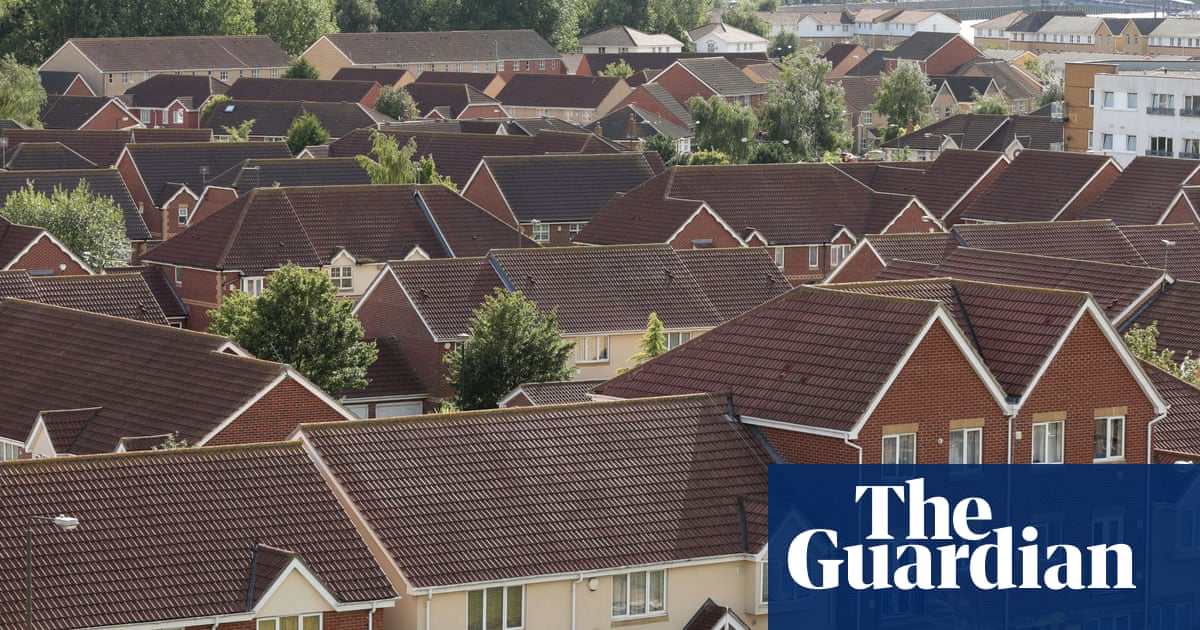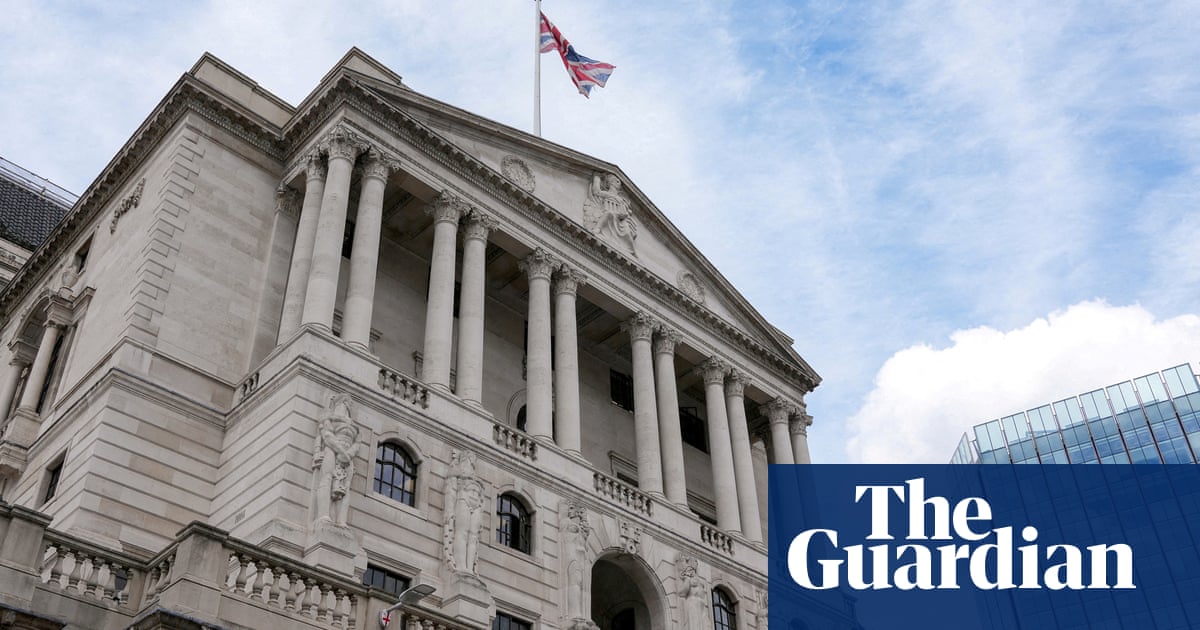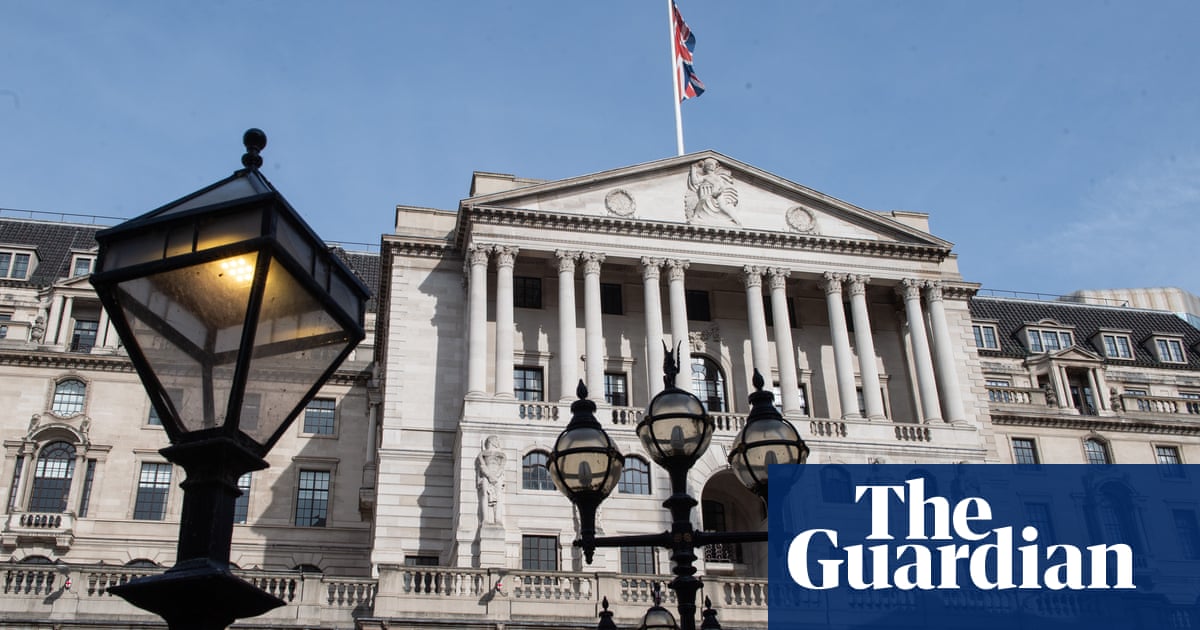
Rising unemployment. Cuts in business investment. Falling house prices. An economy that at best is going to move sideways and could easily dip into recession. The Bank of England’s latest quarterly update on the state of the UK economy makes grim reading, not least for Rishi Sunak.
The prime minister is leading a government well behind in the opinion polls and sorely in need of some good news before a general election that has to be held by January 2025 at the latest. According to Threadneedle Street, there is not going to be much between now and polling day to raise the spirits of voters.
The Bank’s best estimate – based on the City’s expectations of interest rates remaining unchanged at 5.25% until the third quarter of 2024 – is for the economy to show no growth at all in 2024. There is an even chance that it will be worse than that, with the economy slipping into recession. Unemployment is expected to rise steadily to just above 5% by the start of 2025. A 5% drop in house prices this year is expected to be repeated in 2024.
Faced with such a weak outlook in the past, the Bank would have been cutting interest rates by now. The 14 hikes in interest rates since December 2021 are having an impact and will continue to do so. It takes up to 18 months for changes in borrowing costs to fully work through and only half the impact has yet been felt.
Despite all that, the Bank is pushing back hard against the idea that interest rates will be cut any time soon. Its governor, Andrew Bailey, said after the 6-3 vote in favour of leaving rates unchanged that themonetary policy committee (MPC) would be watching closely to see if further rate increases were needed in the months ahead. “It’s much too early to be thinking about rate cuts,” he said.
The reason for Bailey’s hawkish tone is that the Bank is taking a no-risk approach to inflation. It expects a big drop in the annual rate from 6.7% to 4.8% in October, and a steady fall thereafter. But the annual inflation rate will still be above 3% by the end of 2024, while it only dips below its official 2% target a year after that. The MPC is particularly worried about pay growth.
Having attracted criticism for leaving it too late to raise rates in the face of mounting inflationary pressure, the Bank now risks driving the economy into recession by leaving them too high for too long. Businesses – faced with a combination of dearer borrowing and falling demand – are starting to ask when they can expect policy to loosen. The Unite trade union and the Institute for Economic Affairs, a free market thinktank, which do not usually see eye to eye, are as one in calling for rates to be cut.
For now, though, the Bank is adamant. Inflation has to be squeezed out of the system despite the costs. Rates are going to stay high for an extended period. How long it will stick to that mantra remains to be seen. Despite the tough talk, it is likely the next move in interest rates will be down.












